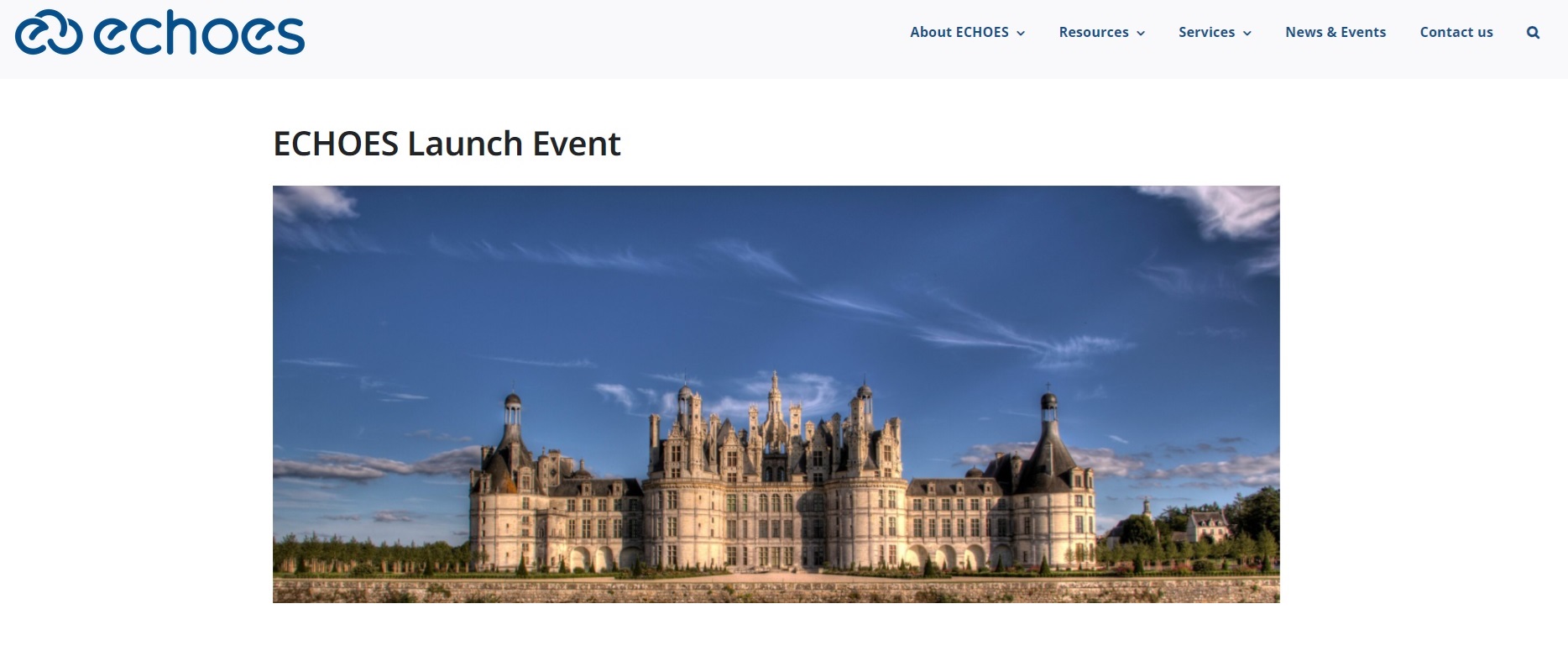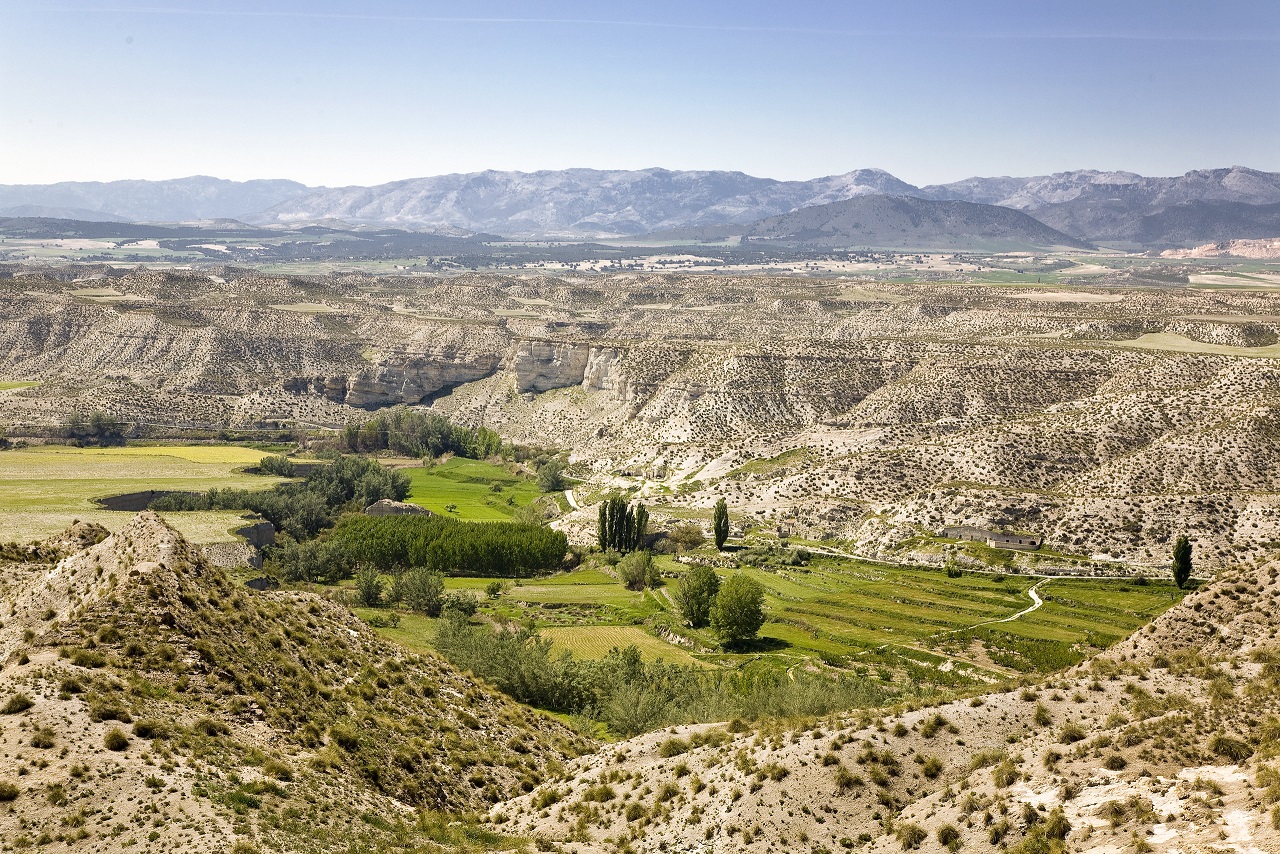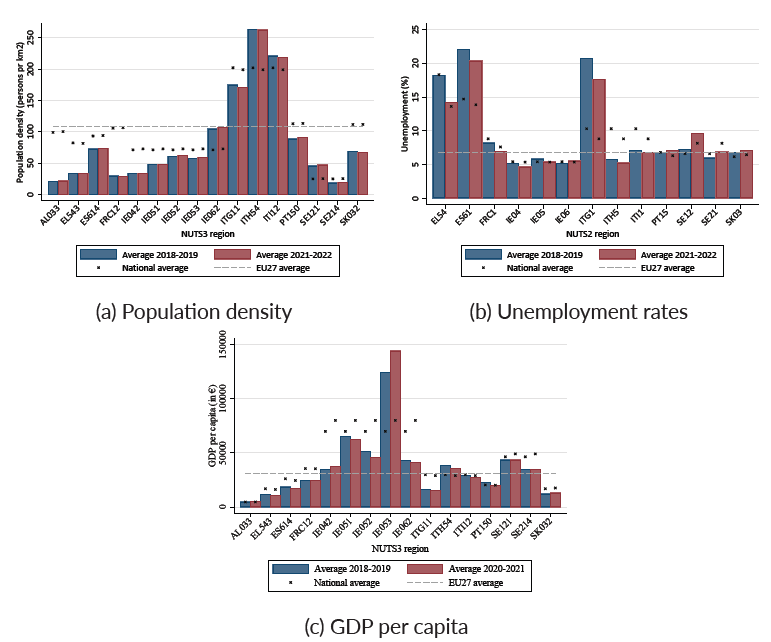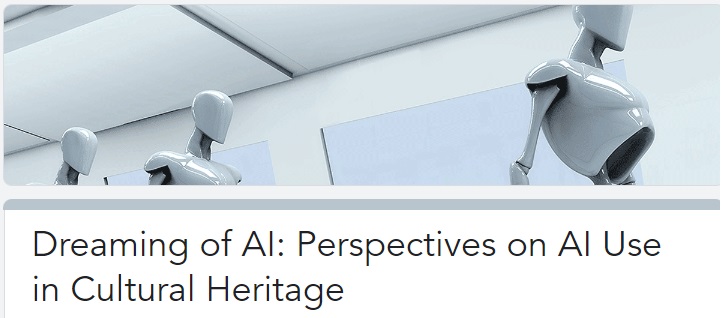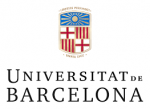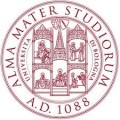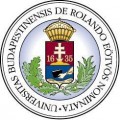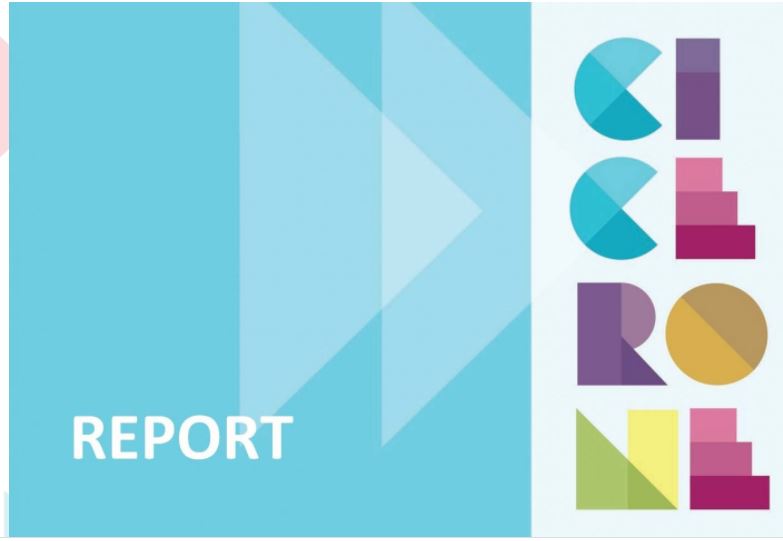 CICERONE (Creative Industries Cultural Economy Production Network, Grant No.: 822778) is a H2020 funded interdisciplinary research project focusing on Europe’s cultural and creative industries (CCI). The research team consists of sociologists, human, cultural and economic geographers, cultural study specialists, economist and historians, all of which bringing in extensive expertise on the cultural and creative industries.
CICERONE (Creative Industries Cultural Economy Production Network, Grant No.: 822778) is a H2020 funded interdisciplinary research project focusing on Europe’s cultural and creative industries (CCI). The research team consists of sociologists, human, cultural and economic geographers, cultural study specialists, economist and historians, all of which bringing in extensive expertise on the cultural and creative industries.
CICERONE main goal is to provide an innovative way to understanding how these industries function and a new foundation for effective supportive policies at EU, national and local levels.
The project is divided into six work packages designed to produce a set of reports on distinctive research aspects; in addition, a range of case studies covering different CCIs in different countries has the goal to provide a broad empirically informed view.
In the framework of of Work Package 3 (Policy, regulatory and governance matrix of the CCI in Europe) research activity, the CICERONE-members Thomas Borén and Dominic Power (both from Stockholm University) have finished the third in a series of papers which explores whether and to what extent the existing European, national and regional policy frameworks concerning cultural industries (and the wider economy) are appropriate for addressing the challenges of new and emergent organisational and governance forms of the creative economy.
This 3rd report, entitled “A brief review of regulation for creative and cultural industries” examines key elements of the European regulatory environment for the cultural and creative industries and their production networks.
Six key areas are discussed by the report:
1) policy hierarchies and scalar and sectorial complexity
2) regulation of work and contracts, with a focus on small actors and protected designations
3) content and production regulation, including notions of quotas, arm-length’s distance and the new political landscape in Europe
4) intellectual property rights regulation
5) competition regulation, monopolies, and platform economies
6) regulation for the digital single market
Throughout the report, possibilities are highlighted that may be considered in policy to further support the CCIs.
More information about the 3rd CICERONE report here
To download the report click here
CICERONE project website








